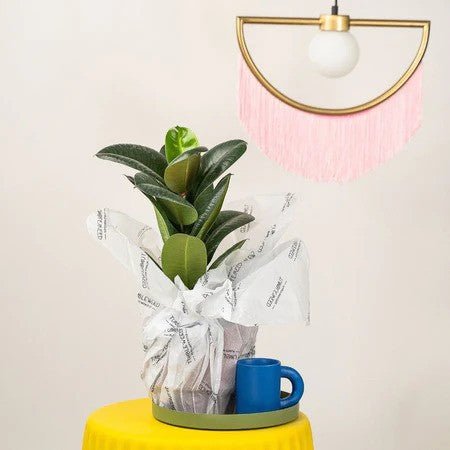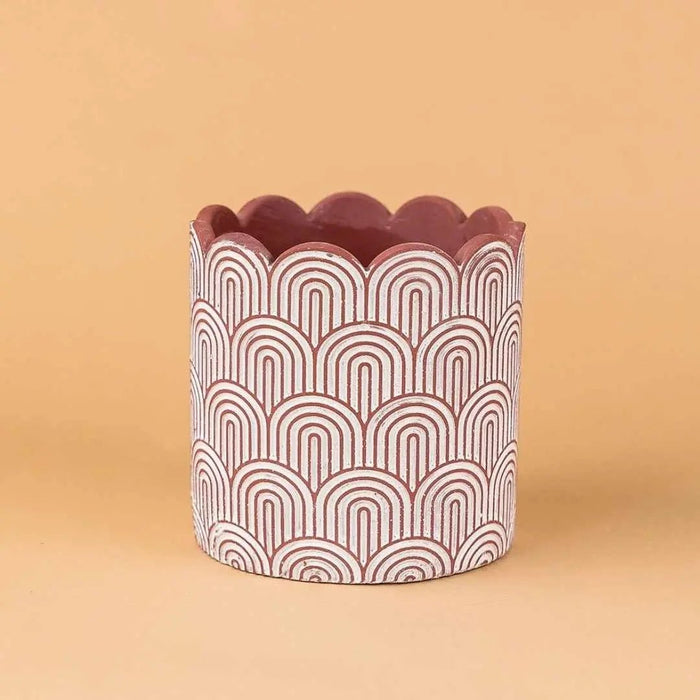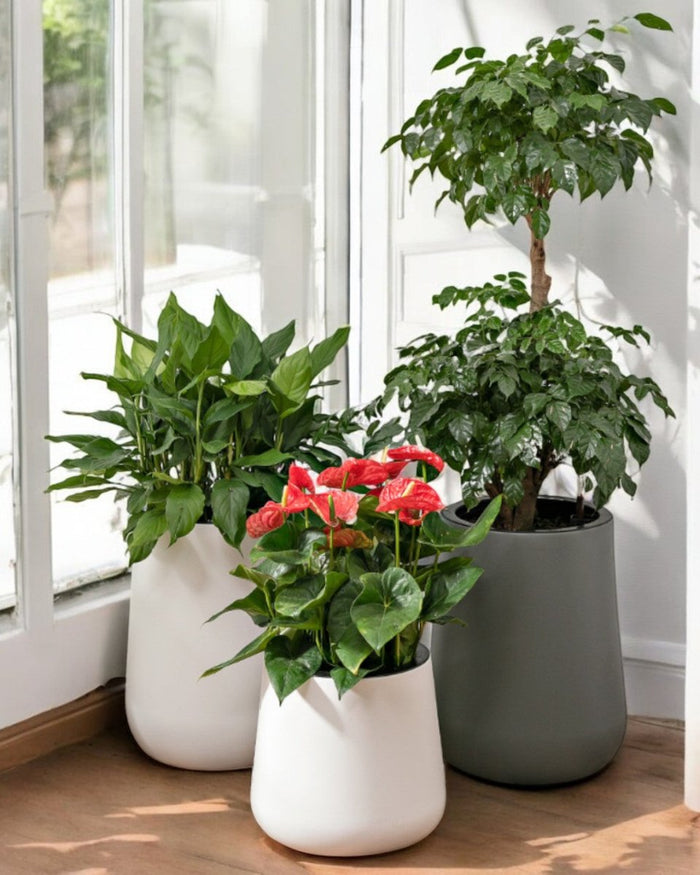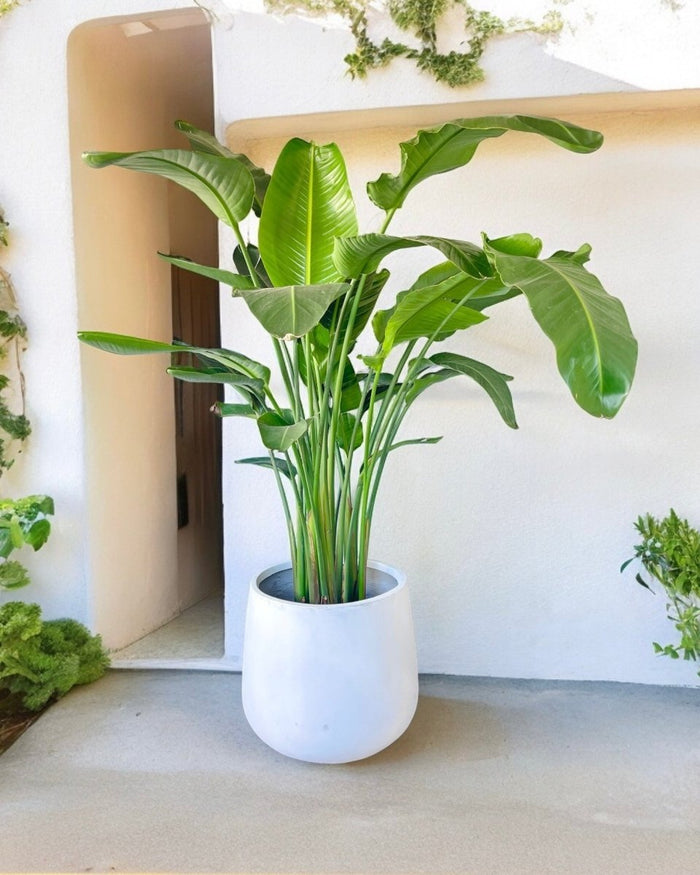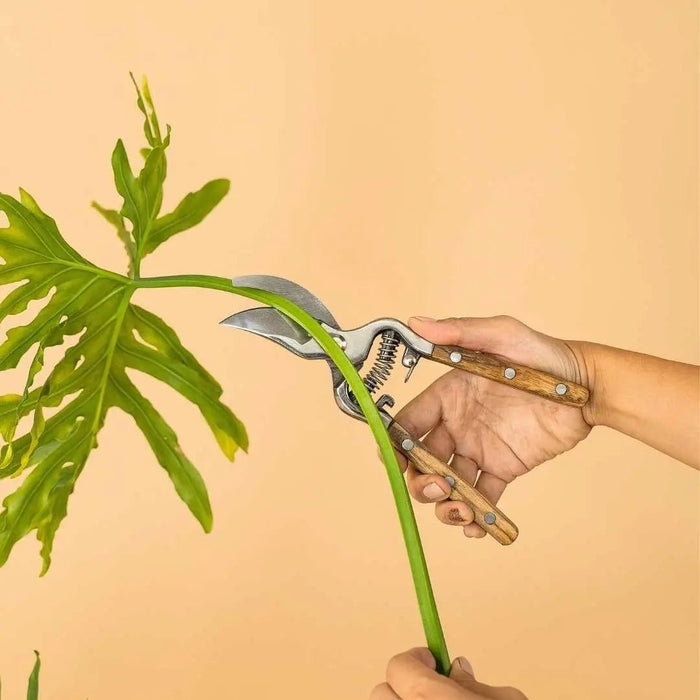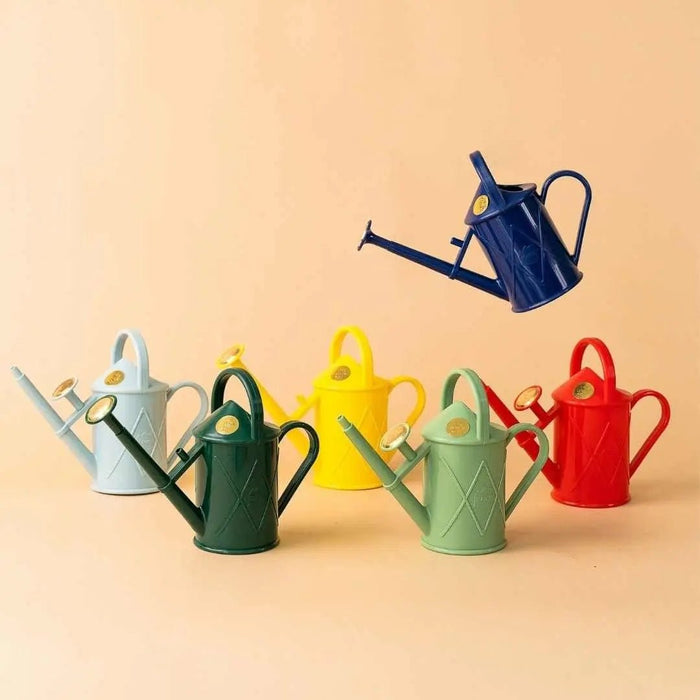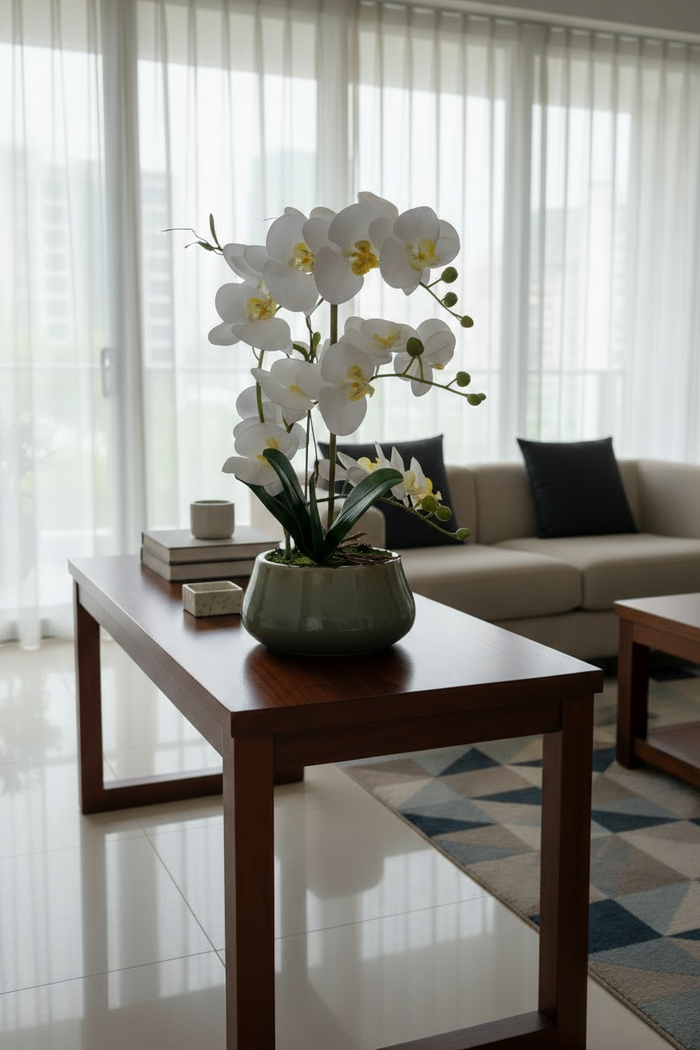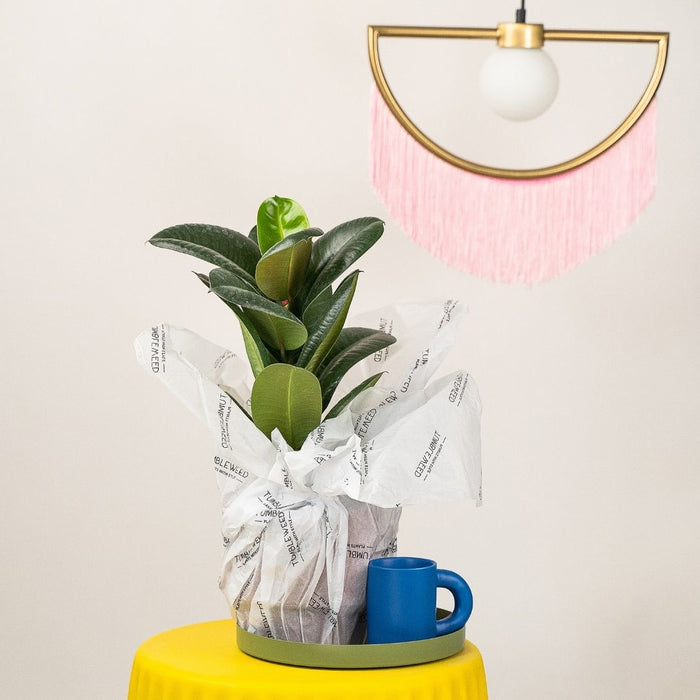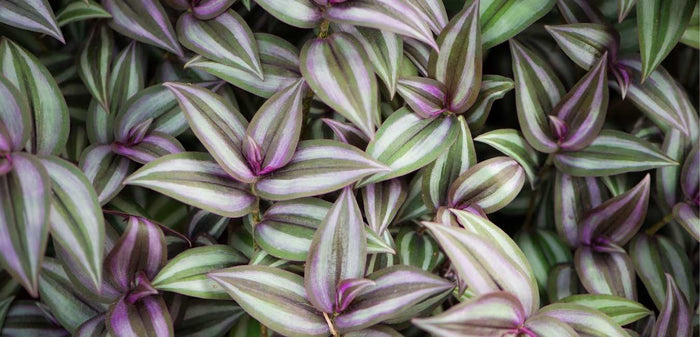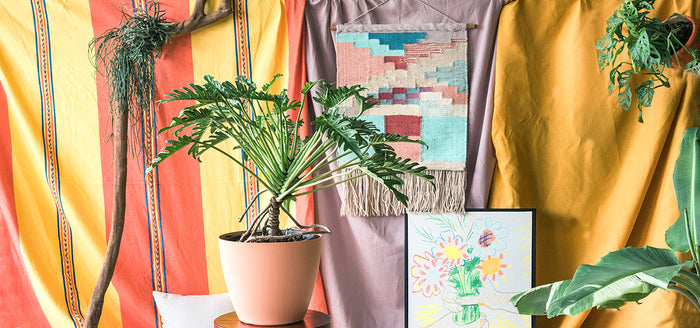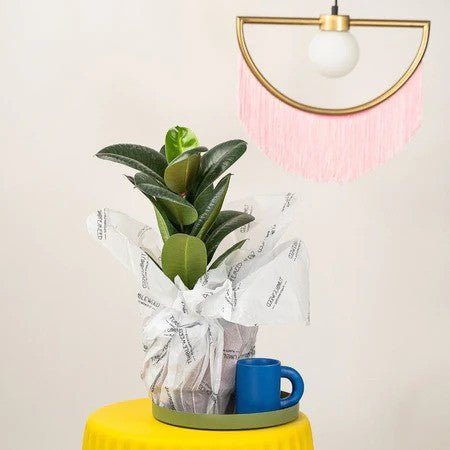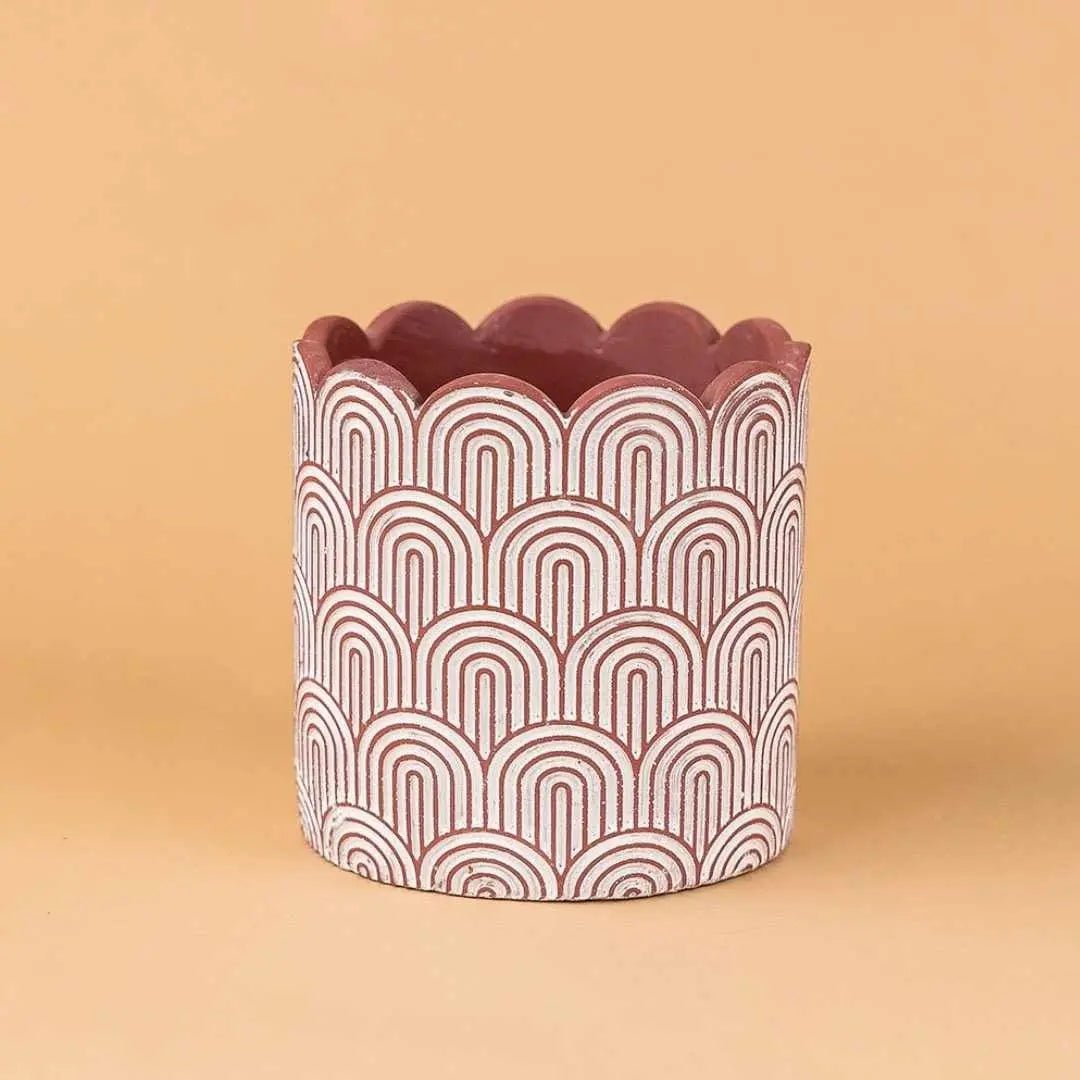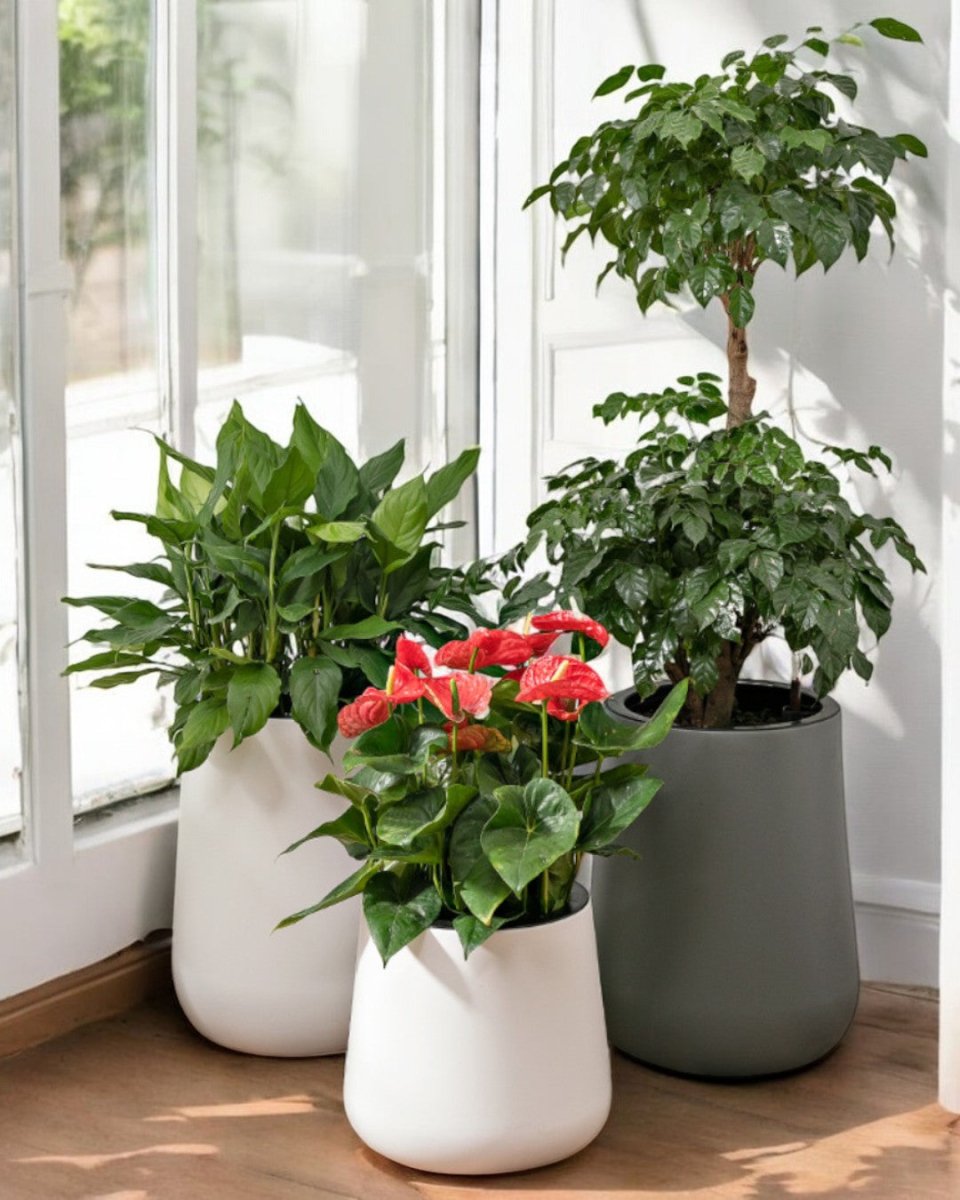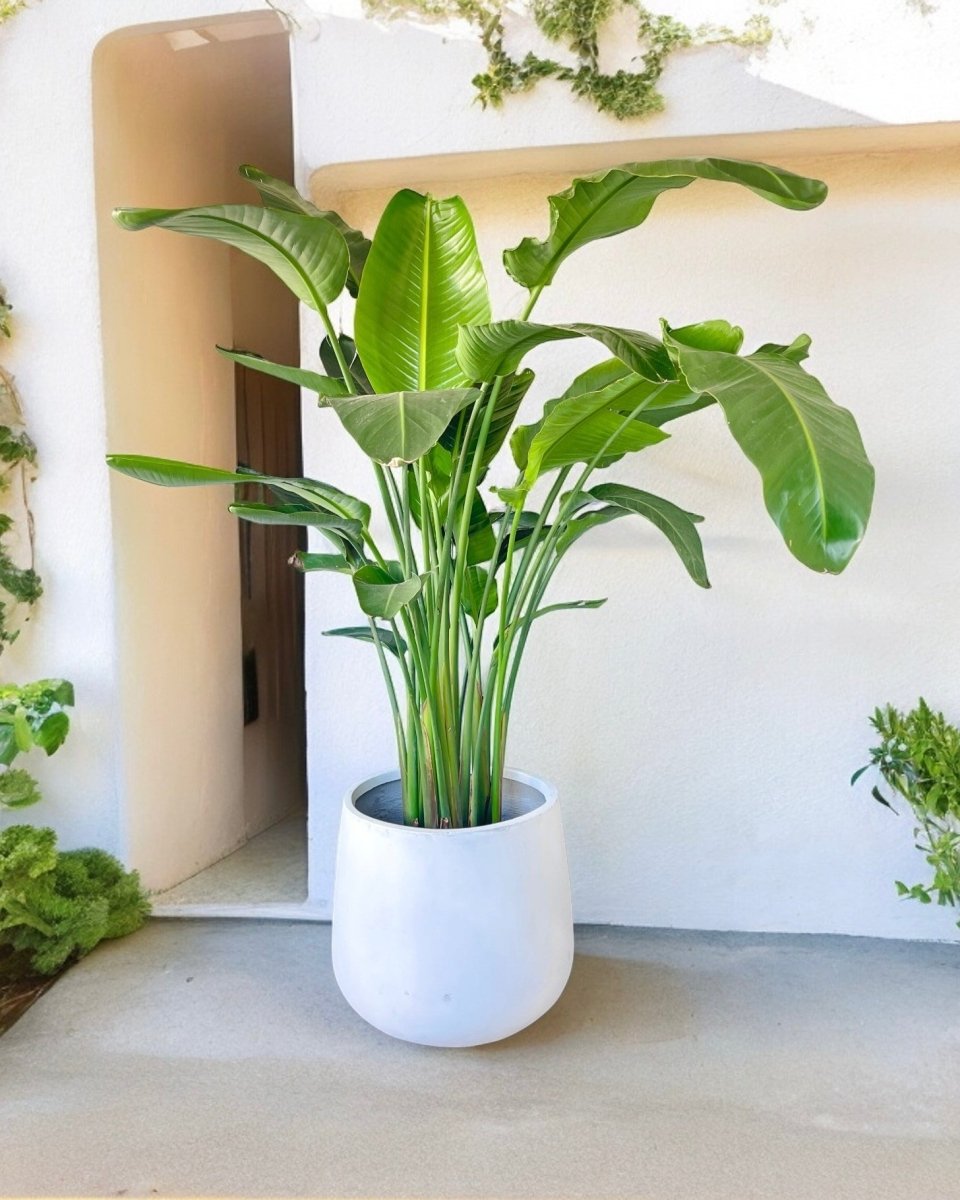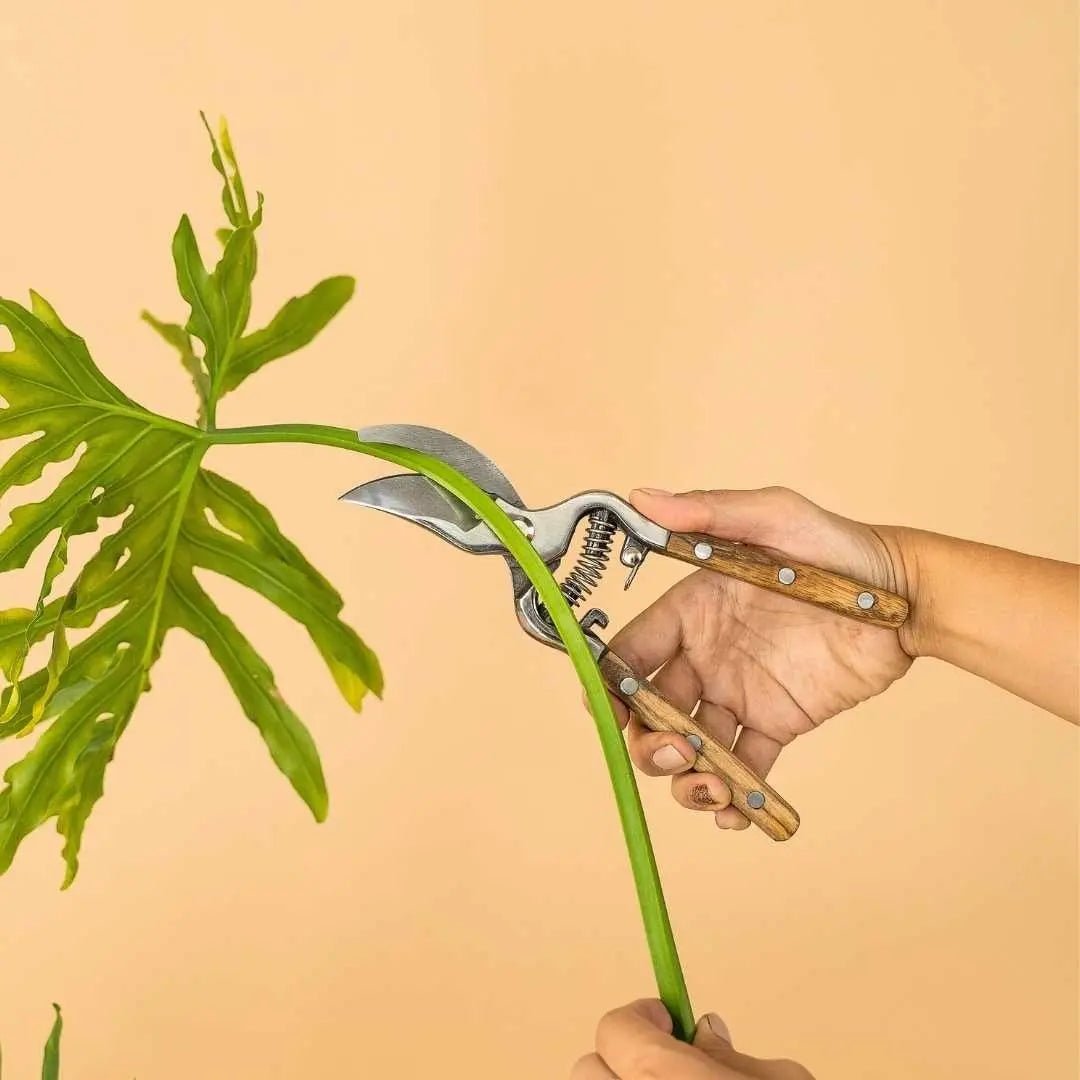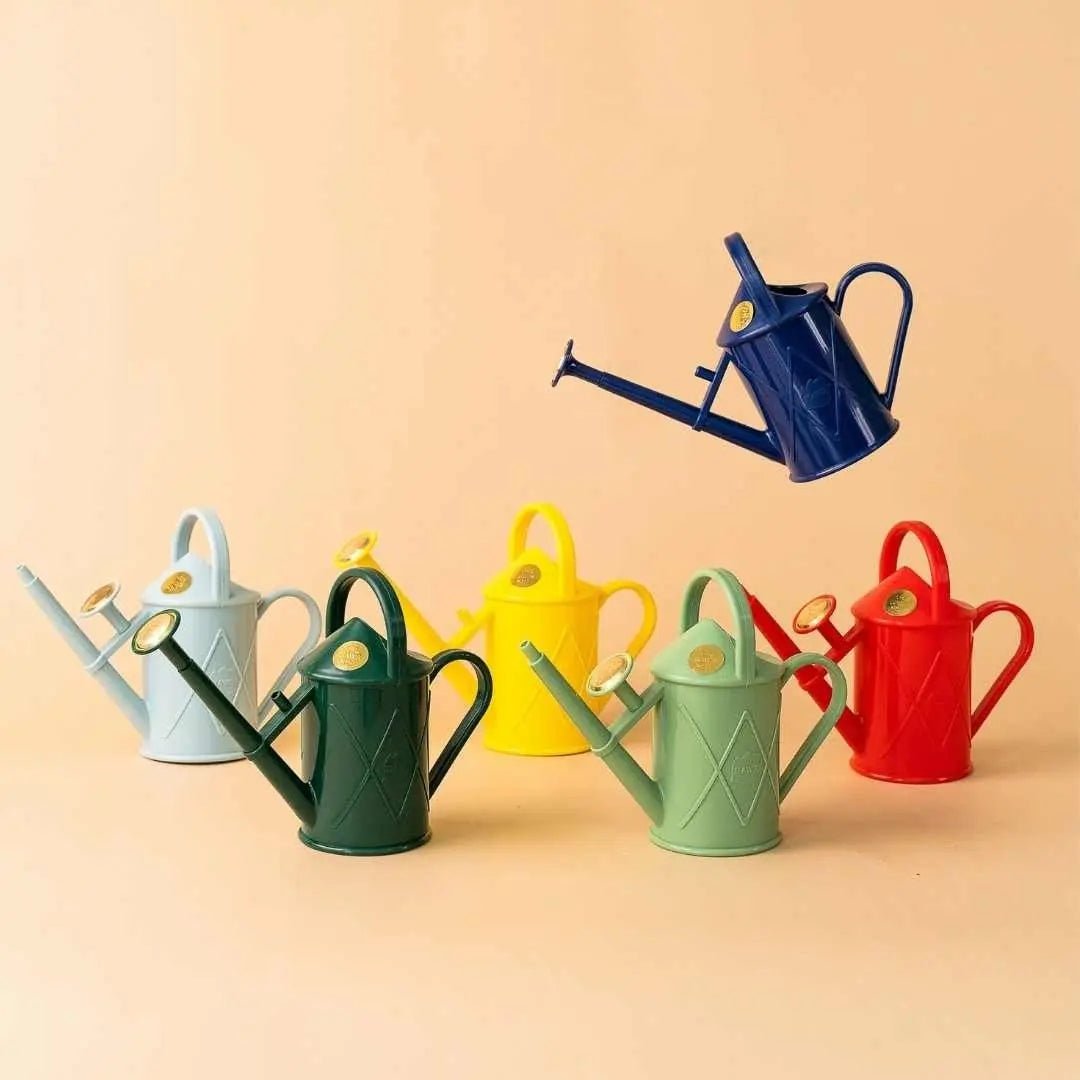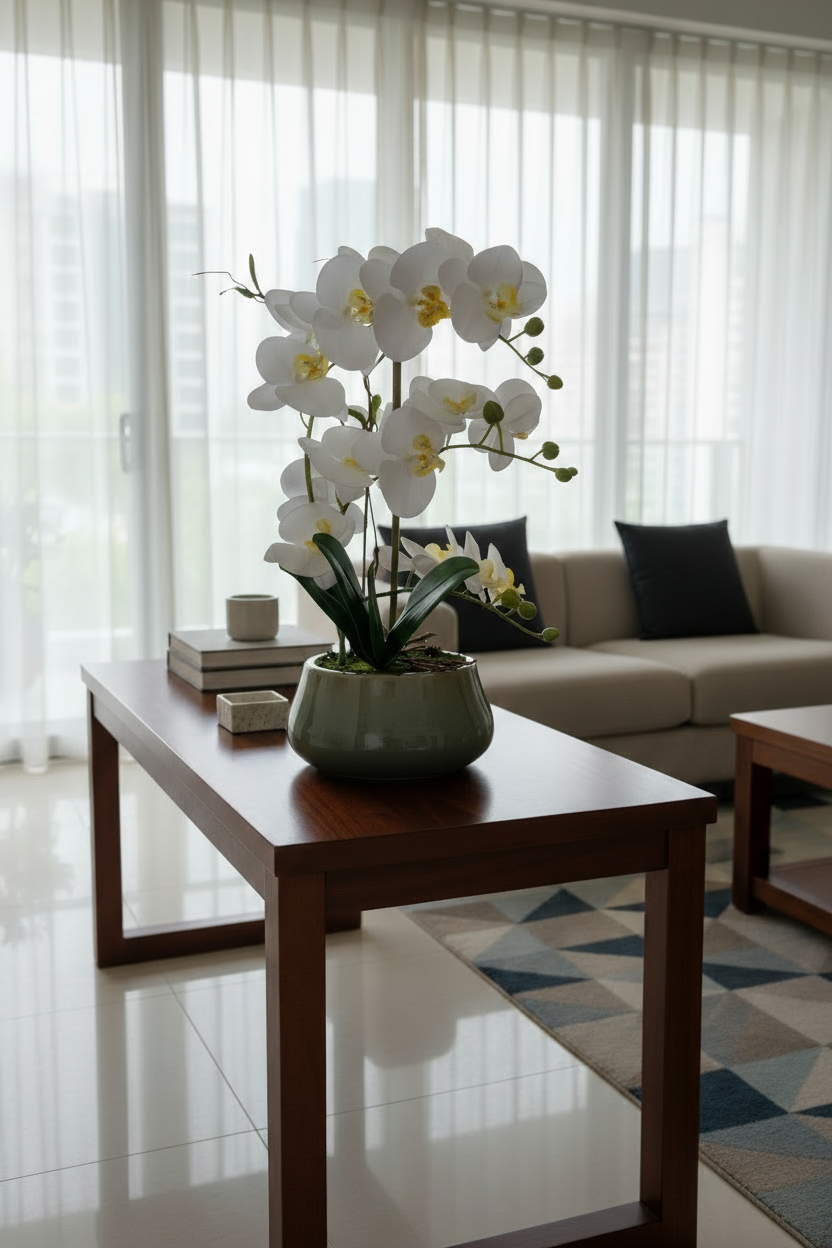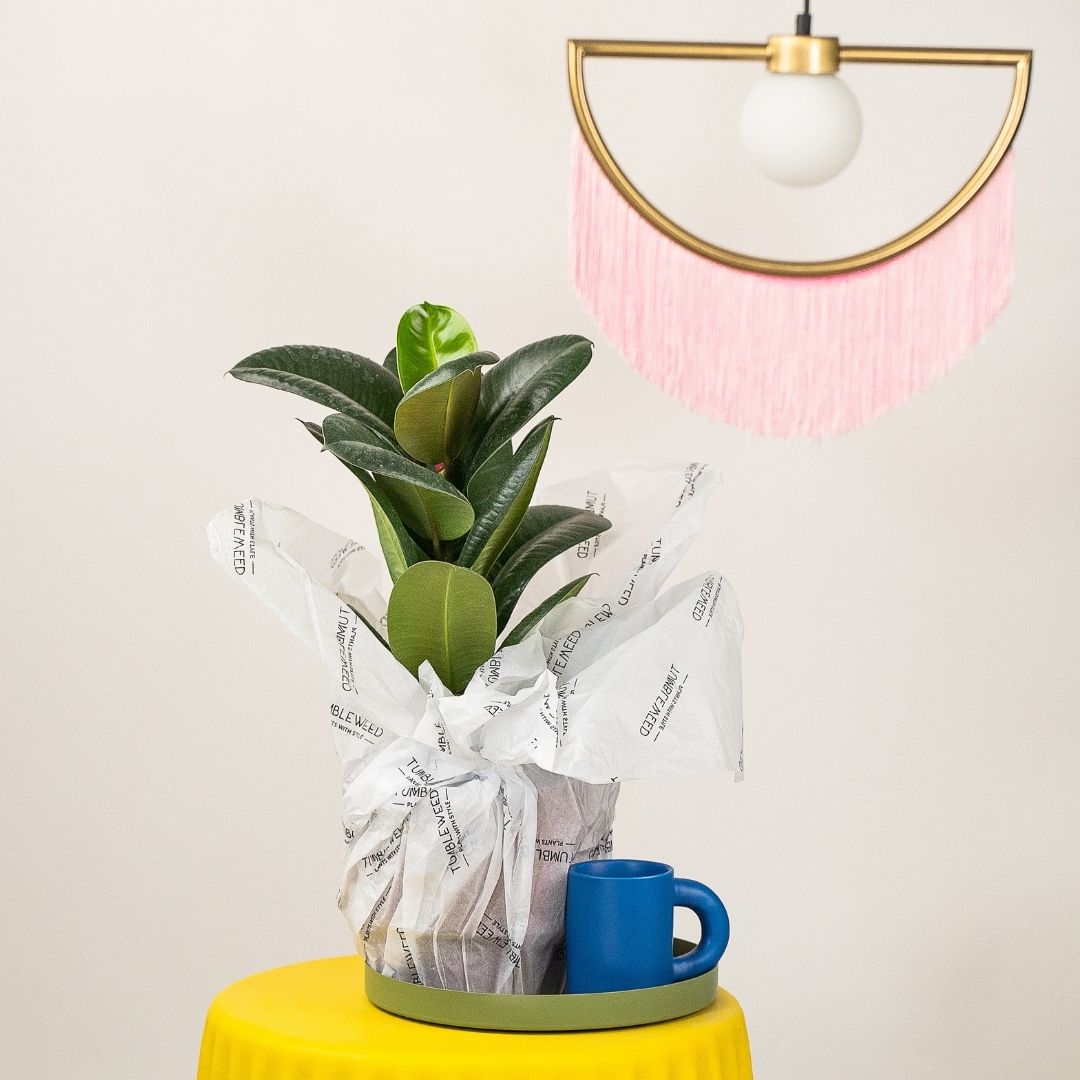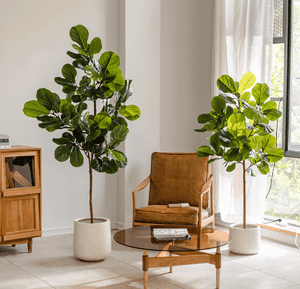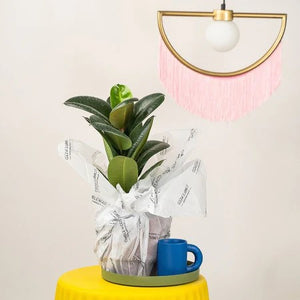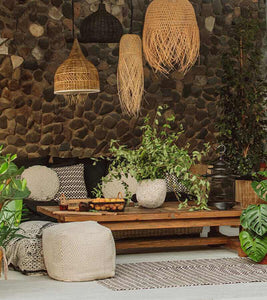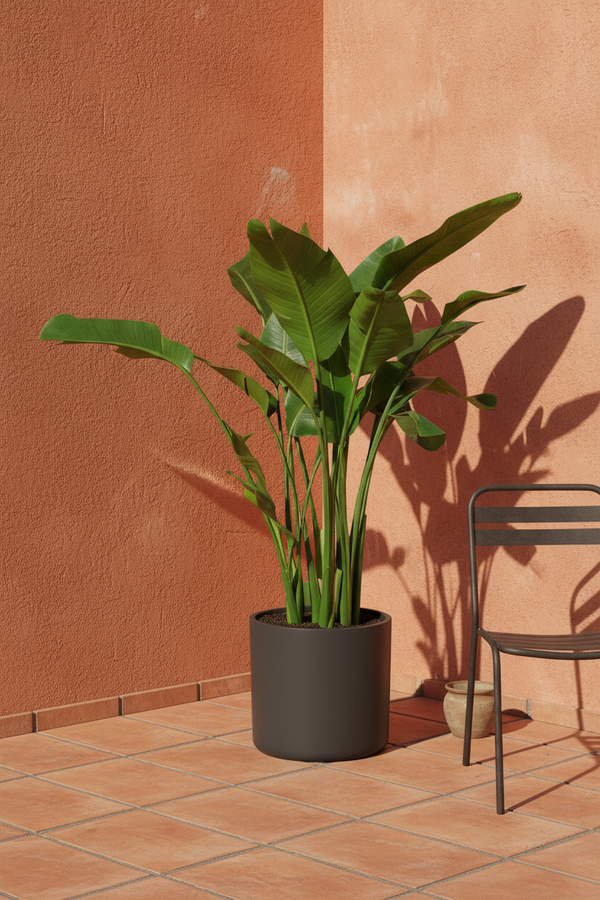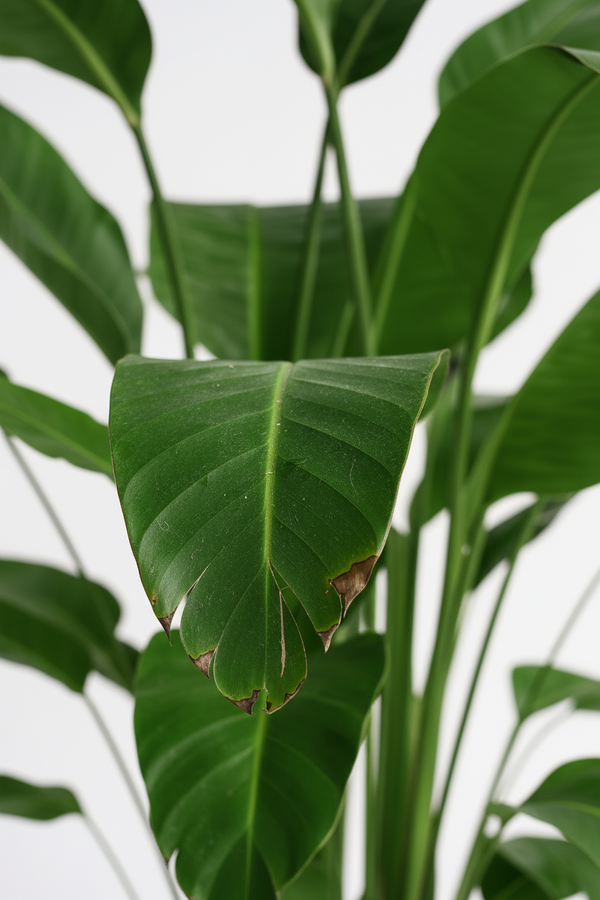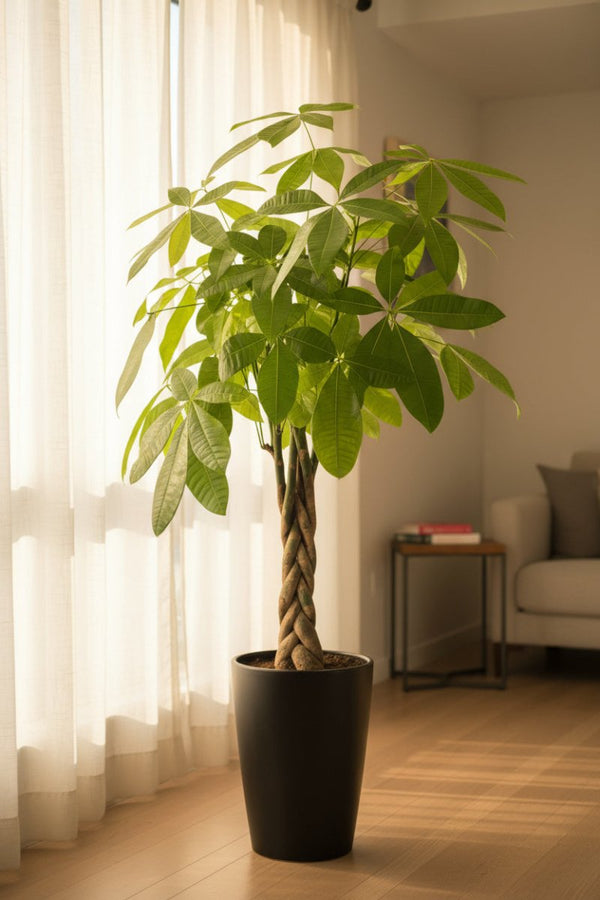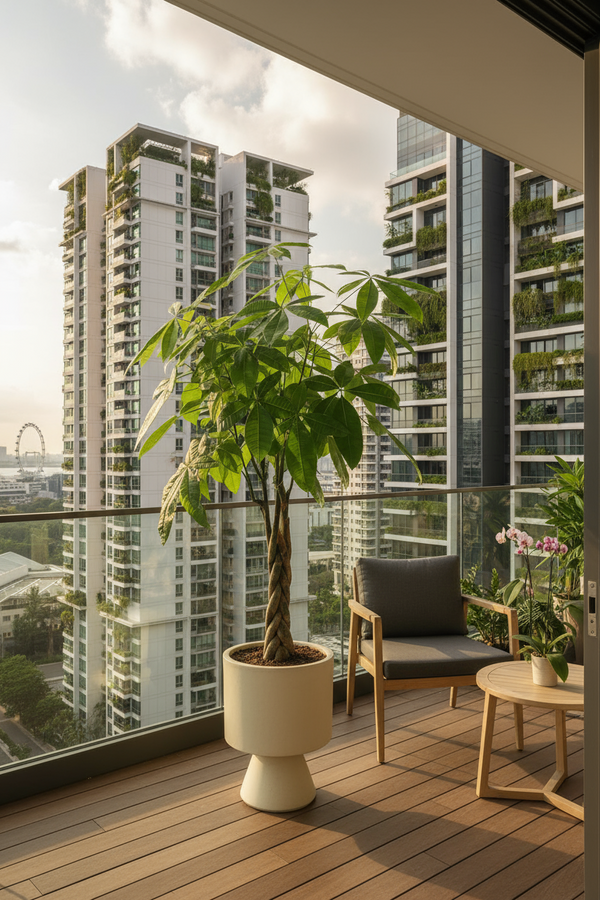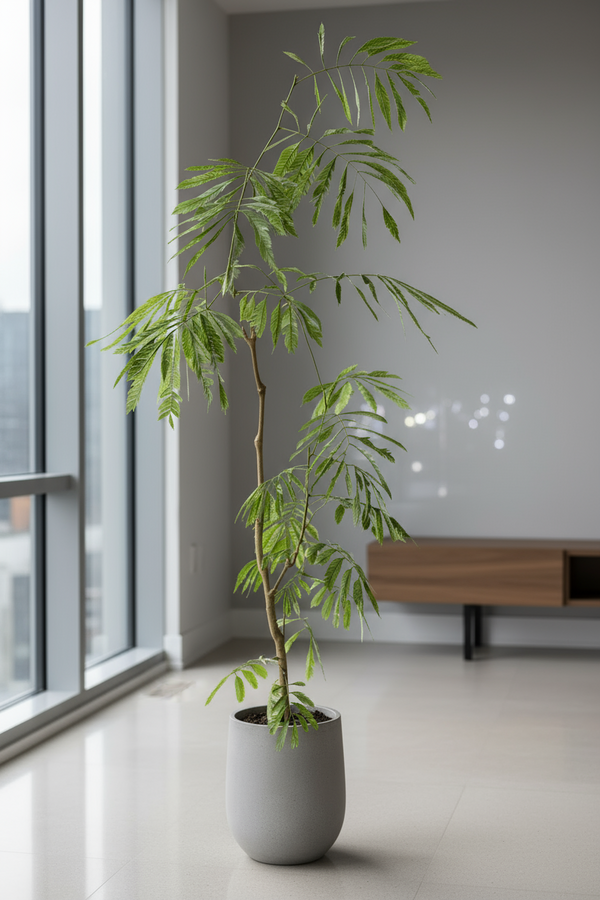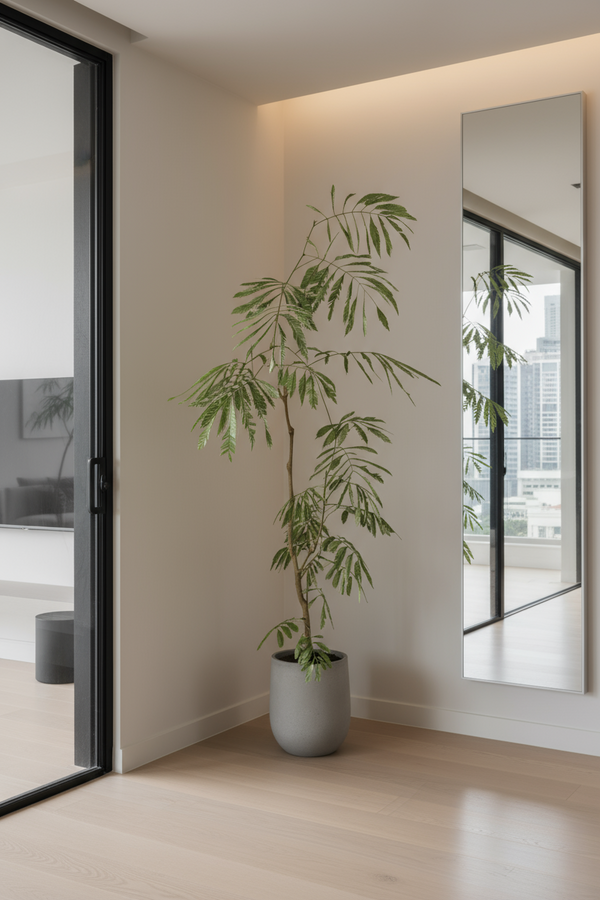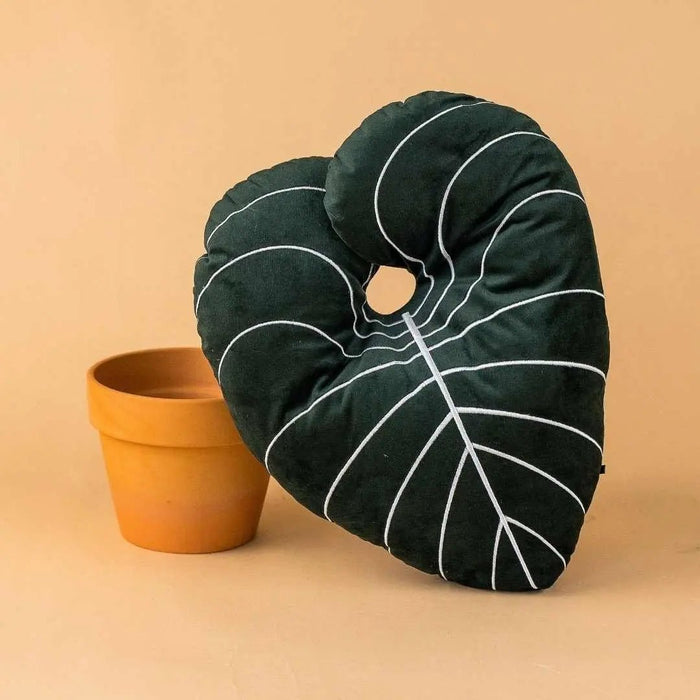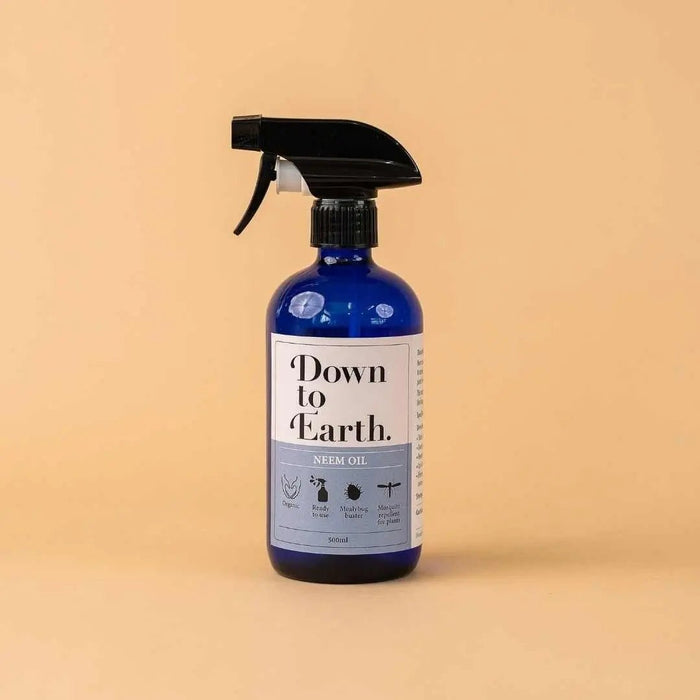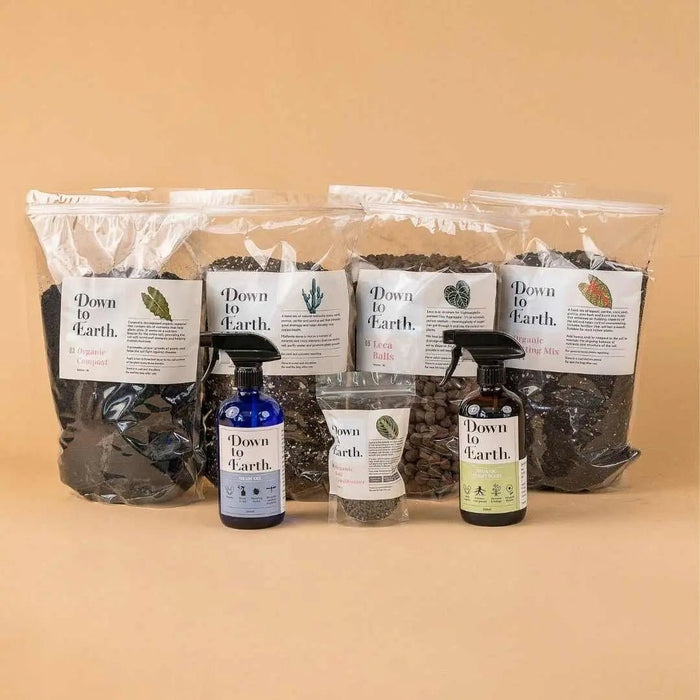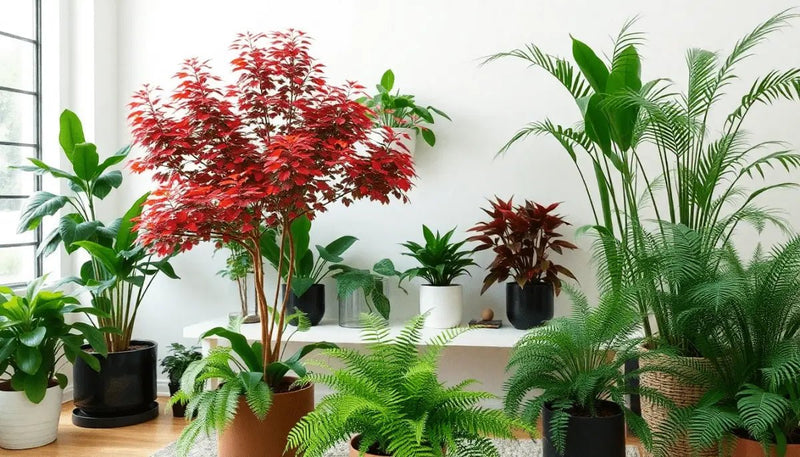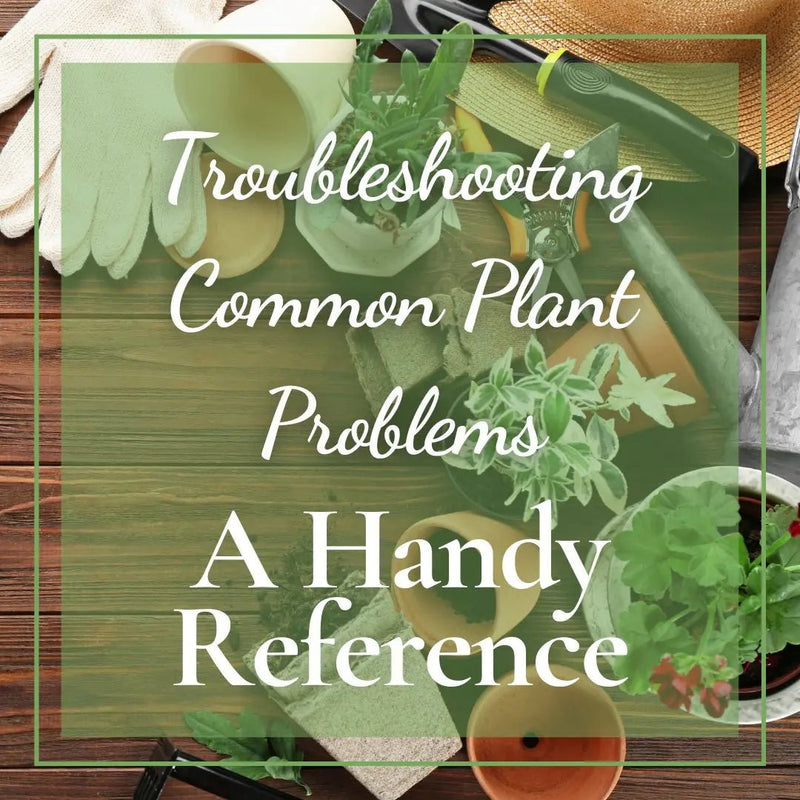The Psychological Benefits of Keeping Houseplants
Posted on June 21 2024
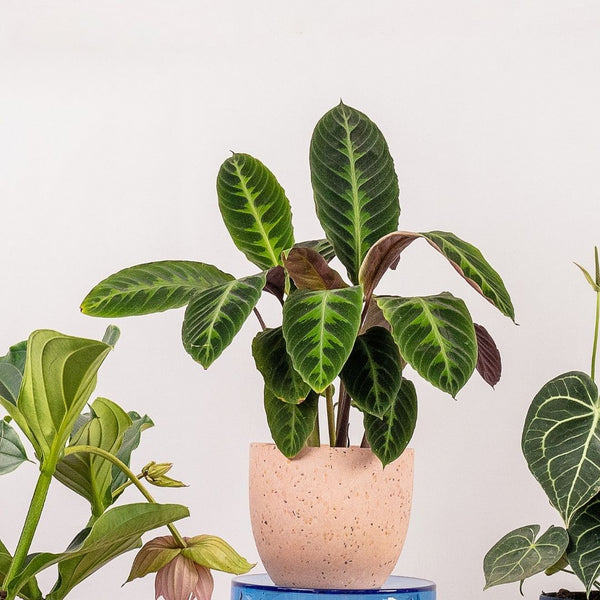
The importance of maintaining a connection with nature within our living spaces has become increasingly recognized. Houseplants, beyond their visual appeal, have been scientifically proven to positively influence our mental well-being. Research indicates that indoor plants can alleviate feelings of stress, anxiety, and depression, ultimately enhancing our emotional state. By nurturing and tending to these green companions, individuals can experience a sense of fulfilment and purpose, contributing to a more positive outlook on life. Moreover, the presence of houseplants indoors is associated with improved air quality, which in turn can have a beneficial impact on our overall health. As individuals strive to create serene and balanced environments, incorporating houseplants emerges as a simple yet effective strategy. This exploration delves into the profound effects that houseplants can have on our psychological health and general well-being.
Benefits of Houseplants on Mental Health
Houseplants are not just for decoration; they can have a significant impact on our mental health and well-being. In this blog section, we will explore the various benefits that having houseplants can bring to our mental health.
Stress Reduction and Anxiety Relief
Houseplants have been shown to reduce stress levels and provide anxiety relief. The presence of greenery and nature indoors can create a calming effect, helping to lower cortisol levels and promote relaxation. Taking care of plants can also serve as a form of mindfulness practice, allowing individuals to focus on the present moment and alleviate worries.
Enhanced Mood and Well-being
Having houseplants around can boost our mood and overall sense of well-being. The vibrant colours and textures of different plants can evoke positive emotions and create a more visually appealing living space. Additionally, nurturing plants can instill a sense of responsibility and nurture our nurturing instincts, fostering a greater connection to nature.
Improved Cognitive Function
Studies have indicated that indoor plants can improve cognitive function, including memory, concentration, and productivity. The presence of plants in indoor environments can enhance creativity and problem-solving skills. Furthermore, the act of tending to plants can improve focus and attention to detail, translating to better cognitive performance in daily tasks.
Physical Health Benefits
Houseplants not only benefit our mental health but also our physical health. They can purify the air by removing toxins and releasing oxygen, creating a healthier indoor environment. Breathing cleaner air can lead to improved respiratory health and reduce the risk of illnesses related to indoor air pollution. Moreover, the act of watering and caring for plants can encourage physical activity and promote a more active lifestyle.
Biophilic Design and Stress Reduction
Biophilic design, which incorporates natural elements like houseplants into indoor spaces, has gained popularity for its stress-reducing effects. By bringing nature indoors, biophilic design can create a sense of tranquillity and connection to the natural world, promoting mental well-being and reducing feelings of anxiety.
Plant Therapy and Emotional Healing
Engaging with houseplants can be a form of plant therapy, offering emotional healing and a sense of calm. The act of nurturing plants and watching them grow can be therapeutic, providing a sense of accomplishment and purpose. For individuals dealing with stress, anxiety, or depression, plant therapy can offer a natural and soothing way to improve mental health.
Incorporating houseplants into our living spaces can have a multitude of positive effects on our mental health. From reducing stress and anxiety to improving cognitive function and overall well-being, the benefits of houseplants are truly remarkable. Embracing the presence of nature indoors can transform our homes into tranquil sanctuaries that nurture both our minds and bodies.
Practical Tips for Caring for Houseplants
Houseplants have become increasingly popular in recent years, not only for their aesthetic appeal but also for the numerous benefits they bring to our living spaces. However, caring for houseplants requires more than just watering them occasionally. To help you keep your indoor garden thriving, here are some practical tips to consider:
1. Choosing the right Plants
2. Selecting the right plants for your home is crucial for their survival. Consider factors such as the amount of natural light available, the level of maintenance required, and your personal preferences. Some popular low-maintenance houseplants include spider plants, pothos, and snake plants.

Photo: Sansevieria Black Gold
3. Placement and Lighting.
4. Proper placement is key to ensuring that your houseplants receive adequate sunlight. Before purchasing a plant, assess the lighting conditions in your home and choose plants that are suitable for those areas. For example, ferns and peace lilies thrive in low-light environments, while succulents and cacti prefer bright, indirect light.

5. Watering and Maintenance.
6. Overwatering is one of the most common mistakes people make when caring for houseplants. Each plant has different watering needs, so it's essential to research the specific requirements of your plants. Generally, it's better to underwater than overwater, as most houseplants are more tolerant of dry conditions than soggy soil. Additionally, regular maintenance tasks such as pruning dead leaves and repotting when necessary will help keep your plants healthy.
7. Incorporating Houseplants into Your Space.
8. Houseplants can enhance the overall look and feel of your home. Get creative with how you display your plants – consider hanging planters, wall-mounted pots, or stylish plant stands. Mixing different plant sizes and types can create visual interest and add a touch of nature to any room.
Houseplants not only add beauty to our homes but also contribute to our well-being. Studies have shown that indoor plants can improve air quality by removing toxins and increasing oxygen levels. They can also reduce stress, boost mood, and enhance productivity. With the right care, your houseplants can thrive and provide these benefits for years to come.
To further enhance the health of your indoor garden, consider using natural fertilizers to provide essential nutrients to your plants. Organic options like compost tea or seaweed extract can help promote growth and overall plant health without the use of harsh chemicals.
Remember to observe your plants regularly for any signs of pests or diseases. Early detection can prevent issues from spreading and causing damage to your plant collection. If you notice any problems, research natural remedies or consult with a local plant expert for guidance on how to address them effectively.
Caring for houseplants is a rewarding experience that allows you to connect with nature and create a peaceful sanctuary within your home. By following these practical tips and staying attentive to your plants' needs, you can cultivate a thriving indoor garden that brings joy and tranquility to your living space.
Houseplants and Healing Environments
Therapeutic Horticulture: Cultivating Wellness Through Plants
In recent years, the practice of therapeutic horticulture has emerged as a powerful tool for enhancing mental health and overall well-being. This approach involves engaging individuals in gardening activities, whether it's tending to a small indoor garden or nurturing houseplants. The act of caring for plants not only promotes a sense of responsibility and accomplishment but also fosters a deep connection to nature. Through therapeutic horticulture, individuals can find solace, relaxation, and a renewed sense of purpose.
The Psychological Benefits of Houseplants: Nurturing the Mind and Soul
Studies have shown that the presence of houseplants in indoor spaces can have profound effects on mental well-being. Beyond their aesthetic appeal, houseplants have the remarkable ability to reduce stress, anxiety, and symptoms of depression. The greenery they bring indoors serves as a reminder of the natural world, creating a tranquil and harmonious atmosphere. By surrounding ourselves with plants, we invite a sense of peace and positivity into our lives, promoting emotional balance and mental clarity.
Biophilic Design: Integrating Nature into Our Living Spaces
In the realm of interior design, the concept of biophilic design emphasizes the importance of incorporating natural elements into our built environments. Houseplants play a central role in this design philosophy, as they not only enhance the visual appeal of a space but also contribute to our overall well-being. By strategically placing plants throughout our homes and workplaces, we can create environments that are not only aesthetically pleasing but also conducive to healing and relaxation.
The Healing Power of Specific Houseplants
Certain houseplants are known for their specific healing properties. For example, lavender is renowned for its calming effects, making it ideal for bedrooms or relaxation spaces. Aloe vera not only purifies the air but also has soothing properties for the skin, adding a practical aspect to its aesthetic appeal. Snake plants are excellent air purifiers, removing toxins and improving air quality, which is beneficial for overall health.

Creating a Healing Sanctuary at Home
Transforming your living space into a healing sanctuary can be achieved through thoughtful plant selection and placement. Consider incorporating a variety of plants with different shapes, sizes, and textures to create visual interest and promote biodiversity within your indoor environment. Additionally, dedicating a specific area for plant care and mindfulness practices can further enhance the therapeutic benefits of houseplants.
The presence of houseplants in our indoor environments goes beyond mere decoration; it has the power to transform our spaces into healing sanctuaries. Through therapeutic horticulture, the psychological benefits of plants, the principles of biophilic design, and the healing properties of specific houseplants, individuals can cultivate a deeper connection to nature, promote mental well-being, and create harmonious living environments that nurture the mind, body, and soul.

